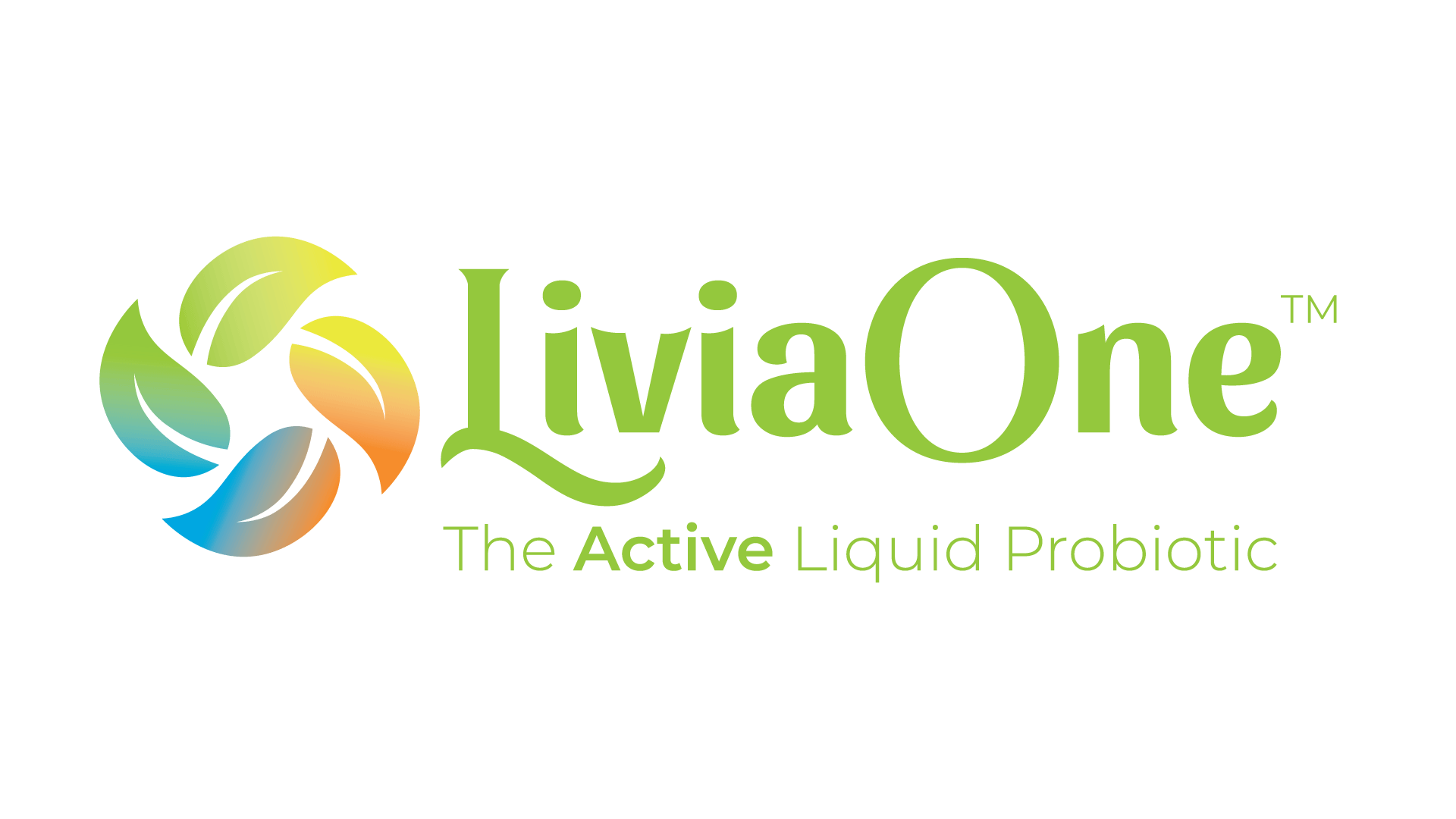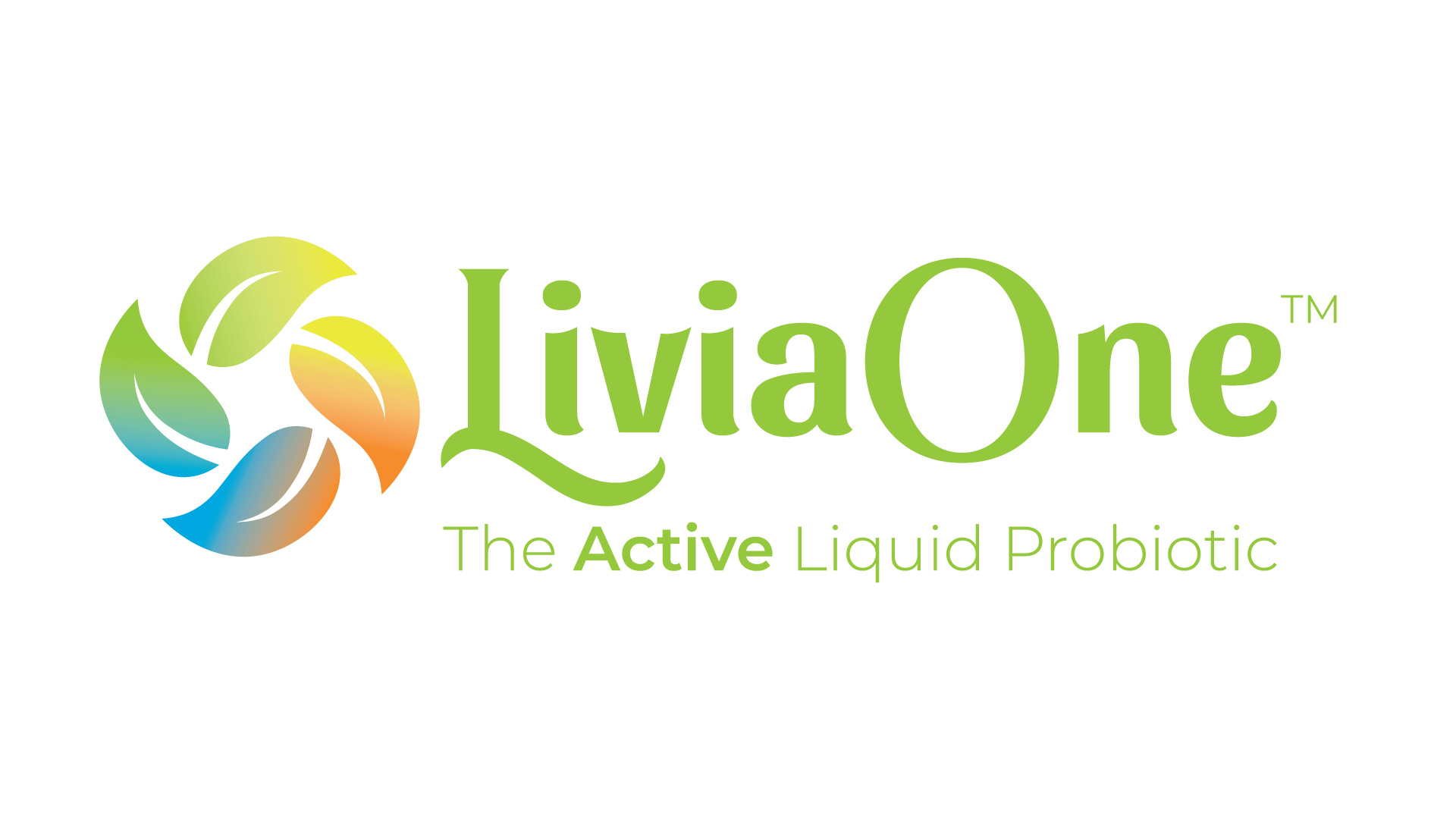Lactobacillus Salivarius
Lactobacillus Salivarius Provides Antimicrobial Boost for Travelers and Others
The World Health Organization (WHO) urges holiday and business travelers alike to practice common sense disease prevention protocols when in the presence of individuals potentially infected with H1N1. (1) A frequently overlooked aspect of personal health protection is the individual's fortification of the immune system with natural, antimicrobial boosters. It is interesting to note that one such natural boost can come from the oral supplementation with probiotics in general and Lactobacillus
Good Bacteria vs. Bad Bacteria, Microbes and Fungi: A Primer
The H1N1 virus, mold spores and
Other times the beneficial bacteria have been eradicated alongside their harmful cousins during an antibiotics treatment. While this is a lifesaving step to remove potentially deadly bacteria from the human organism, it has the undesirable side effect of also removing good bacteria that help maintain overall health. Failure to supplement good bacteria at this time leaves the human organism susceptible to attacks from opportunistic bad bacteria that take up residence where no desirable bacteria out-compete them.
It is interesting to note that good bacteria most notably lactic acid bacteria -- have
Lactobacillus Salivarius: Beneficial Resident of the Small Intestine and Mouth
Lactobacillus
Why Supplement Lactobacillus Salivarius?
Lactobacillus
Researchers obtained plaque samples, which conclusively proved that the lactobacillus is instrumental in reducing at least five dangerous bacteria associated with the formation of plaque. This in turn greatly increases dental health. (6)
Animal testing confirmed that Lactobacillus
Potential Weaknesses of Lactobacillus Salivarius (and how they work in your favor!)
Although Lactobacillus
Even though the lactobacillus survives in the acidic environment of the intestinal system, it just like its probiotic lactobacillus cousin Lactobacillus
It is safe to say that the supplementation of Lactobacillus
REFERENCES:
(1) who.int/
(2) CURRENT MICROBIOLOGY Vol. 47 (2003), pp. 231 236; DOI: 10.1007/s00284-002-3993-1; "The Screening of Hydrogen Peroxide-Producing Lactic Acid Bacteria and Their Application to Inactivating Psychrotrophic Food-Borne Pathogens"
(3) "Technical Bulletin: L. Salivarius;" Jim Daily III, Pd.D.; daily-mfg.com; retrieved 11-28-09
(4) Proc Natl Acad Sci U S A. 2006 Apr 25;103(17):6718-23. Epub 2006 Apr 14.; PMCID: 1436024
(5)
(6) Journal of Clinical Periodontology, Volume 36, Number 6, June
(7) Proceedings of the Nutrition Society (2008), 67 (OCE), E40;
(8) Corcoran BM, Stanton C, Fitzgerald GF, and Ross RP. (2005) "Survival of Probiotic Lactobacilli in Acidic Environments is enhanced in the Presence of Metabolizable Sugars." Appl Environ Microbiol: 71, 3060-3067
(9) betterway2health.com/articles-bacteria.htm; retrieved 11-28-09
For more information:
 A complete description of probiotics, along with groundbreaking recent clinical research illustrating the many ways probiotics can prevent disease, can be found in Probiotics - Protection Against Infection: Using Nature's Tiny Warriors To Stem Infection. This new compendium from one of contributing authors of the content on this page, Dr. Casey Adams, PhD., takes the confusion out of selecting and supplementing with probiotics. Referencing over 500 scientific studies and reports, and with detailed instructions on how to make your own probiotic foods, this book is a must for anyone seeking to understand the power of
A complete description of probiotics, along with groundbreaking recent clinical research illustrating the many ways probiotics can prevent disease, can be found in Probiotics - Protection Against Infection: Using Nature's Tiny Warriors To Stem Infection. This new compendium from one of contributing authors of the content on this page, Dr. Casey Adams, PhD., takes the confusion out of selecting and supplementing with probiotics. Referencing over 500 scientific studies and reports, and with detailed instructions on how to make your own probiotic foods, this book is a must for anyone seeking to understand the power of
Please read this Disclaimer:
The contents of this site, such as text, graphics, images, information obtained from www.Probiotic.org licensors and other material ("Content") contained on this site is for informational purposes only. The Content is not intended to be a substitute for professional medical advice, diagnosis or treatment. Always seek the advice of your physician or

